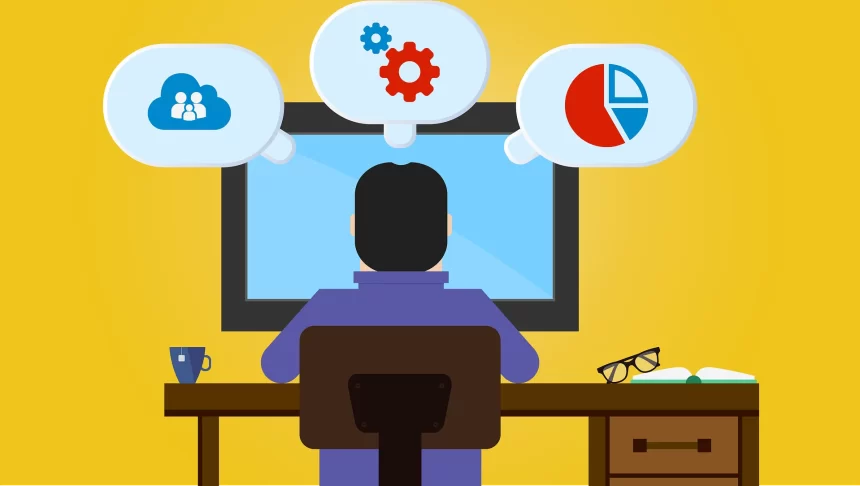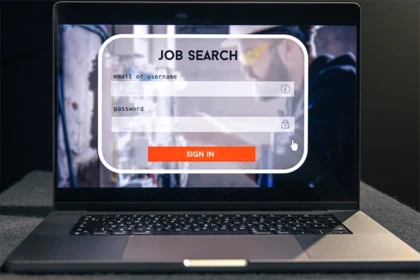Artificial Intelligence (AI) is only in the very early stages of being implemented by most organizations in the grand scheme of things. Many executives, however, are very eager to incorporate AI into the business functions of the company to understand its extraordinary benefits. Although we have no way of understanding all the ways that AI and machine learning will eventually influence business functions, here are 10 business functions ready to use AI.
Marketing
If a company does not use AI in marketing, then it is already behind. Not only is AI able to help develop marketing strategies, but it is also instrumental in their execution. AI is now sorting customers by preference or demographic, can target ads based on browsing history, and is a vital tool for bringing customers precisely what they want. Another way of using AI in marketing is through chatbots. Such bots may assist in solving issues, recommending goods or services, and promoting sales. AI also helps advertisers by quicker and more reliable analyzes of consumer behavior data than humans. Such observations will help companies change marketing strategies to make them more successful or prepare better for the future.
Sales Department
There is undoubtedly a specific human side of selling goods and services, but artificial intelligence will provide sales professionals with knowledge that can boost sales efficiency. AI assists in improving sales forecasting, predicting customer needs, and improving communication. Intelligent computers will help sales personnel manage their time and determine who to follow up with and who and what consumers may be able to convert.
Research and Development (R&D)
AI can help us develop a more in-depth understanding of almost every field, including healthcare and pharmaceuticals, banking, automotive, and more, while efficiently and accurately collecting and analyzing enormous amounts of knowledge. This and machine learning will help us to study problems and to create solutions that we never had before thought about. AI will automate several activities, but it will also open the door to new insights, ways to develop goods and services, and perform tasks. AI helps to make research and development activities more systematic and efficient.
IT Operations
Often called AIOps, AI is also the first experience many companies have in applying AI internally for IT operations. AIOps is the application of machine learning and data science to problems with IT operations. AI is commonly used to analyze IT system log file errors, with IT system management functions as well as many routine processes automated. It will help detect problems before any IT systems go down, so the IT team will proactively repair them. As the IT systems are becoming more complex to serve our companies, AIOps helps the IT boost system efficiency and operation.
Human Resources
AI also can turn a lot of human capital from recruiting to talent management activities. AI can certainly help increase productivity by automating repetitive activities and save money, but it can do much more. People can expect their employers to have a customized experience just like they used to get while shopping and for entertainment. Machine learning and AI systems will help make that possible. Besides, AI can assist departments of human resources with data-based decision-making and promote screening of applicants and the recruitment process. Chatbots can also be used to answer several company policies and benefits questions.
Contact Centers
An organization’s contact center is another business area which already uses AI. Organizations that use AI technology to enhance people with these tasks rather than replace them are the ones that ideally incorporate artificial intelligence. Such centers gather a vast amount of data that can be used to learn more about consumers, forecast consumer behavior, and develop the customer’s “next best step” to engage the consumer better. Machine learning can also analyze unstructured data gathered from contact centers to discover patterns in consumers and then develop goods and services.
Building Support
Another way AI is already at work in the business today is to help facilities administrators maximize the use of resources and occupant comfort. Building automation, using artificial intelligence to help operate buildings and control systems for lighting and heating/cooling, uses internet-of-things devices and sensors, as well as computer vision to monitor premises. Based on the data collected, the AI system can adjust the operations of the building to fit by the number of occupants, time of day, and more. AI lets the facility managers boost the building’s energy efficiency. Building security is another part of many of these systems too.
Manufacturing
Not only predictive intelligence can foresee demand and ramp output up or down, but equipment sensors can also predict maintenance requirements. AI helps flag points of concern in the manufacturing cycle before costly issues erupt. Computer vision may also assist the period of quality assurance at production facilities.
Finance and Accounting
Most companies are considering the potential of cost savings and more productive operations as the key benefit for AI in the workplace. Human finance professionals will be released from routine tasks so that they can concentrate on higher-level activities while using AI in accounting can reduce errors. AI can also provide organizations with real-time status of financial matters because it can track communication via natural language processing.
Customer Experience
Another approach of business today is to use artificial intelligence technologies, and big data is to enhance the customer experience. For instance, fashion companies capture shopper data through loyalty and incentive programs, which they use to deliver tailor-made recommendations if consumers shop online or in brick-and-mortar stores. Another way of providing stellar customer service is through the pioneering use of chatbots during industry events.










